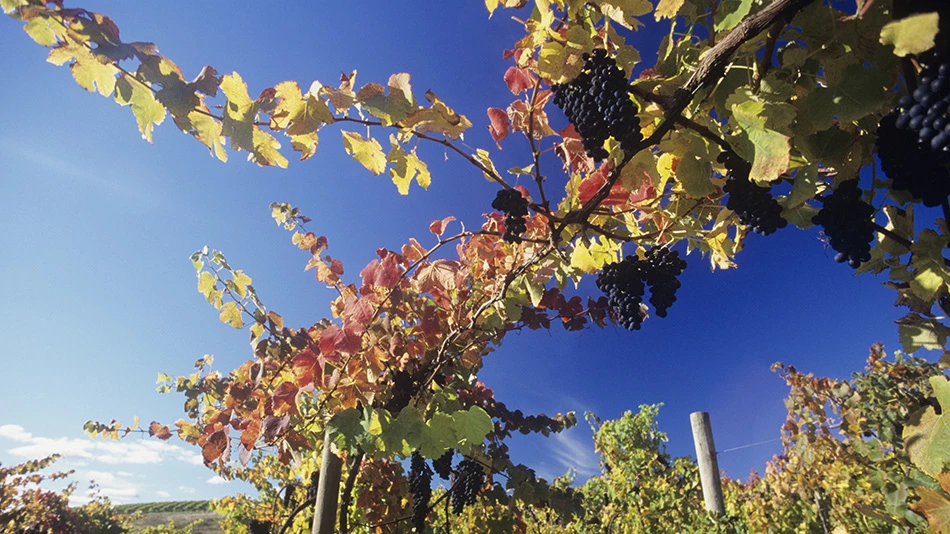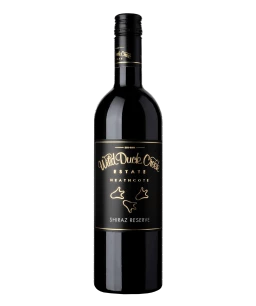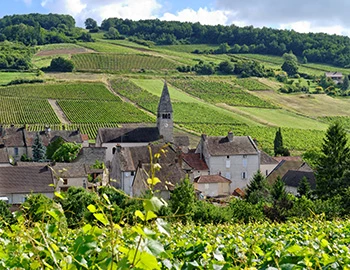Victoria
Victoria: amazing variety
The wine region of Victoria, which surrounds the Melbourne metropolis, often stands in the shadow of South Australia. This is economically justifiable, as the 17,000 hectares planted with vines in Victoria amount to only a quarter of South Australia's cultivation area. On the other hand, Victoria is untouchable in terms of the diversity of its wines. In various climate zones, one can discover Burgundian Pinot Noirs, fully structured Shirazes and sweet wines that have matured for decades. Victoria is a true magician’s cabinet of Australian wines.
Red wines from Victoria
The more than 20 appellations in Victoria encircle the port-metropolis of Melbourne. Wine regions close to the city and the Pacific are particularly on the rise. One example is in the Mornington Peninsula, with its boutique wineries, often with associated restaurants. The cultivation areas on Victoria’s coast are the southernmost, and hence the coolest, on the Australian continent – only the island of Tasmania has wineries further south. Precipitation is also high, at around 1,100 millimetres per year and square metre. It is no wonder that, especially in the Yarra Valley, decidedly elegant, even delicate Chardonnays and Pinots with Burgundian character result.
Strong contrasts
In the interior, around Bendigo, Heathcote or the Goulborn Valley, a pronounced continental climate prevails, with very hot summers and little precipitation. Viticulture is only possible here with the aid of artificial irrigation. Varieties like Cabernet Sauvignon, and especially Shiraz, mature perfectly here, yielding concentrated but well-structured wines. Soil composition is different from zone to zone in Victoria. Deep loam and basalt dominate, but sand and loose volcanic soil can also be found.
A Swiss pioneer
In 1837, the brothers Donald and James Ryrie established the first vineyards in the Yarra Valley. The winery, then called Chateau Yering, was acquired in 1850 by investor Paul de Castella. He employed Samuel de Pury, from Neuchâtel, Switzerland, as the estate manager, who then brought Victoria its first wine boom. In 1850, English adventurers, searching in vain for gold in Melbourne's hinterlands, began cultivating grapes for wine. The small city of Rutherglen remains a living testimony to this era today. Raisined Muscat wines are produced here today, aged for years in large wooden barrels.
Victoria's largest cultivation areas lie in the sub-region of Gippsland to the east of Melbourne as well as in central Victoria (Bendigo, Goulburn, Heathcote, etc.) in the interior of the region.








